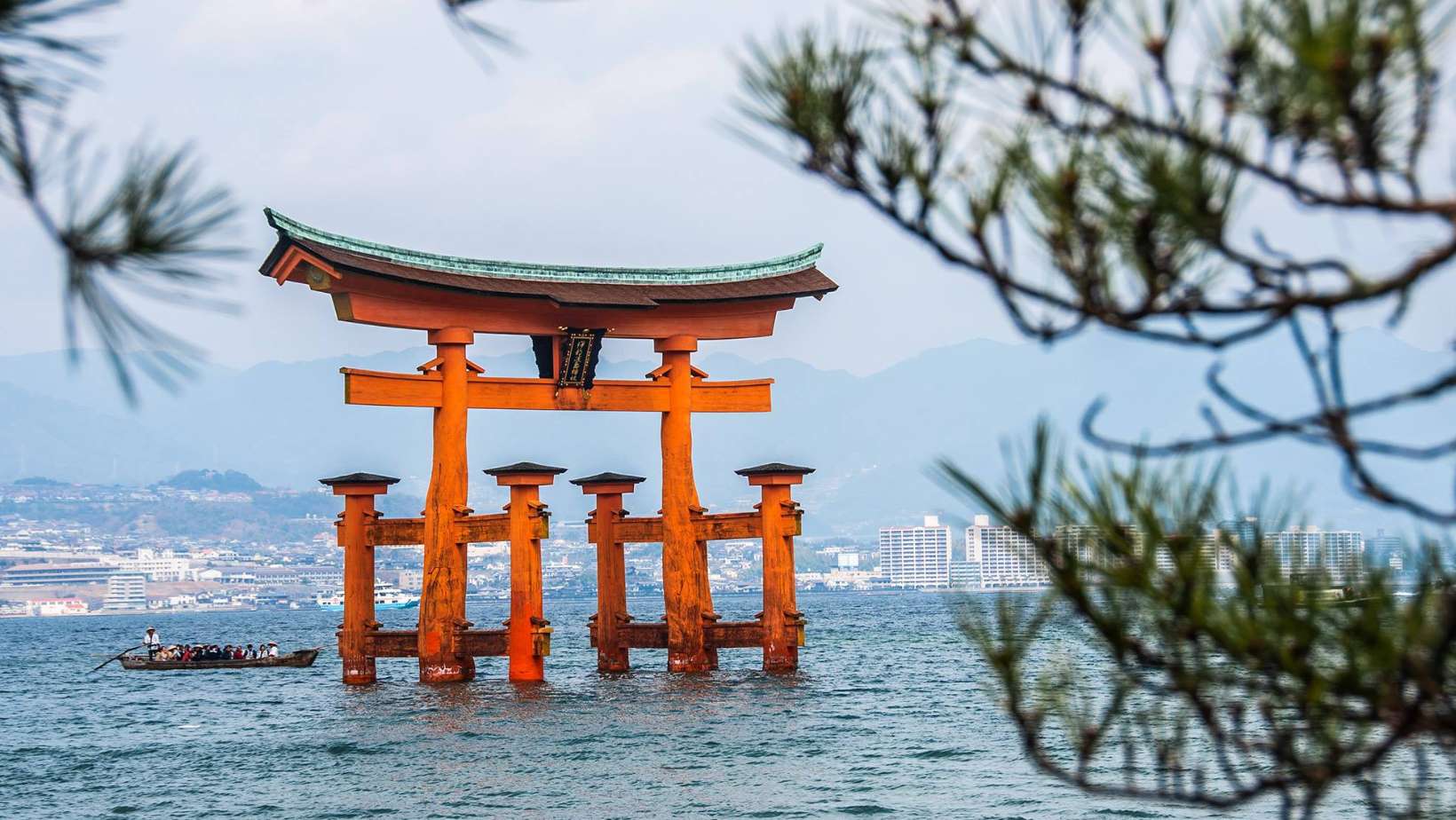Hiroshima Day, observed annually on August 6th, is a solemn commemoration of one of the most devastating events in human history. This day marks the anniversary of the atomic bombing of Hiroshima, Japan, in 1945, which brought about unprecedented destruction and loss of life, and ushered in the nuclear age. As we approach August 6, 2024, it’s crucial to reflect on the historical significance of this day, its ongoing impact, and the lessons it holds for our future.
The Historical Context of Hiroshima Day
The bombing of Hiroshima occurred in the final stages of World War II:
- August 6, 1945: The United States drops an atomic bomb nicknamed “Little Boy” on Hiroshima
- August 9, 1945: A second bomb, “Fat Man,” is dropped on Nagasaki
- August 15, 1945: Japan announces its surrender, effectively ending World War II
- September 2, 1945: Japan formally signs the instrument of surrender
The immediate and long-term impacts were catastrophic:
- Estimated 70,000 to 80,000 people killed instantly in Hiroshima
- Approximately 70% of Hiroshima’s buildings destroyed
- Thousands more died in the following months and years due to radiation exposure
- Long-lasting health effects continued to impact survivors and their descendants
The Significance of Hiroshima Day
Remembrance and Honor
Hiroshima Day serves as a memorial for those who lost their lives and those who survived:
- Annual peace ceremonies are held in Hiroshima and around the world
- Survivors, known as hibakusha, share their experiences to educate future generations
- The Hiroshima Peace Memorial (Genbaku Dome) stands as a stark reminder of the bombing’s destructive power
Promoting Peace and Nuclear Disarmament
The day has become a focal point for anti-war and anti-nuclear weapon advocacy:
- It highlights the devastating consequences of nuclear warfare
- Serves as a platform for discussing global nuclear disarmament efforts
- Encourages reflection on the importance of peaceful conflict resolution
Historical Education
Hiroshima Day provides an opportunity for historical education:
- Schools and institutions often use this day to teach about World War II and its consequences
- It prompts discussions about the ethical implications of warfare and technological advancement
- Encourages critical thinking about international relations and conflict resolution
Observing Hiroshima Day
There are various ways to meaningfully observe Hiroshima Day:
Attend Memorial Events
- Participate in local peace ceremonies or vigils
- Visit museums or exhibitions dedicated to Hiroshima and nuclear history
- Join online commemorations if in-person events are not accessible
Educate Yourself and Others
- Read books, watch documentaries, or explore online resources about Hiroshima and its aftermath
- Share information and start conversations about nuclear disarmament and peace
- Engage with survivor testimonies to understand the human impact of nuclear warfare
Take Action for Peace
- Support organizations working towards nuclear disarmament and world peace
- Write to elected officials advocating for nuclear non-proliferation policies
- Participate in or organize community discussions on conflict resolution and peace-building
Looking to the Future
As we commemorate Hiroshima Day in 2024, it’s important to consider its relevance in our current global context:
- The ongoing threat of nuclear proliferation remains a significant global concern
- Tensions between nuclear-armed nations continue to pose risks to global stability
- Climate change and other global challenges highlight the need for international cooperation over conflict
Conclusion
Hiroshima Day serves as a poignant reminder of the devastating consequences of nuclear warfare and the imperative for peace. As we observe this day on August 6, 2024, let us honor the memory of those who suffered, reflect on the lessons of history, and reaffirm our commitment to building a more peaceful world. By understanding our past and working together for a nuclear-free future, we can hope to ensure that the tragedy of Hiroshima is never repeated.
In a world still grappling with conflict and the threat of nuclear weapons, the message of Hiroshima Day remains as relevant as ever. It challenges us to confront the past honestly, act responsibly in the present, and work tirelessly for a future where the horrors of nuclear warfare exist only in history books. As we remember Hiroshima, let us also renew our dedication to fostering understanding, promoting disarmament, and building lasting peace for generations to come.
